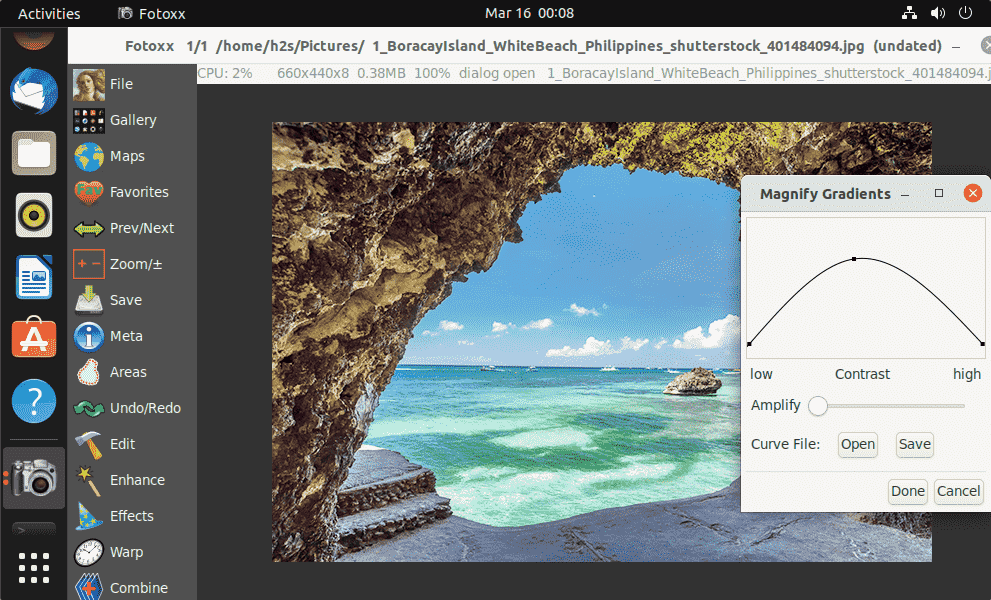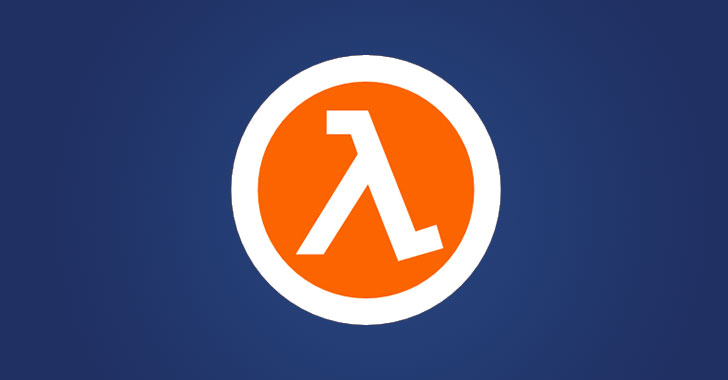Not sure whether to use WordPress or Wix for your next site? Let’s find out their differences.
You often face the classic dilemma while building a website for yourself or your business. WordPress vs. Wix—which one to pick and what would be the best choice for you?
It becomes even acute when you are short on budget. Unfortunately, searching randomly on different search engines like Google, Yahoo, or Bing could lead you to more profound confusion.
Considering all the inevitable conflicts, we have drawn a detailed illustration to clarify your selection process between WordPress and Wix.
WordPress is an open-source Content Management System (CMS) that assists users in developing a completely functional website for different interests and purposes. It was initially released to help create blog sites. But over time, it has evolved itself to become one of the top choices for building all sorts of websites.
WordPress CMS is free of cost and provides you with some of the most significant website customization opportunities without having any technical skills and coding knowledge.
Now, with WordPress, we mean the self-hosted WordPress.org. But, just so you know, there's another version of WordPress known as WordPress.com, which serves and functions for different purposes.
Related: How to Start a Website With WordPress.com
Wix is an all-inclusive platform that allows you to build a website on your own. With Wix, you don't require any coding skills. Everything inside Wix has been made for anyone to use effortlessly without having any technical knowledge.
All you need is to drag and drop the elements to get your desired website. For certain reasons, Wix has gained popularity lately. One of those reasons is that Wix hosts all websites on its own servers. As a result, you don't need to purchase a hosting plan from a third-party web hosting provider.
Let's look into some of the most significant differences between WordPress and Wix.
WordPress is an open-source platform, which means you can use it for free, though you need to purchase your domain name and hosting service to host your website. Several hosting providers have storage options for WordPress particularly. You either choose any of them or select a regular hosting plan.
WordPress is free but you need to buy premium themes and plugins to do professional things using WordPress. Considering your needs, WordPress offers thousands of premium themes, plugins, and addons at different prices.
Wix, on the other hand, has a free plan and a couple of premium ones. Your site will use Wix's branding if you use it for free.
WordPress has its uniques way of customization, and it comes with a block editor. However, WordPress has a slight learning curve. That doesn't require any technical skills but some understanding of the CMS. It would help if you learned how to use the website builder plugins or the themes.
On the other hand, using Wix is comparatively peaceful. With the simple drag and drop interface, you can select any element on their site. In addition, the real-time live preview options make the whole website creation process easier.
In the battle of design between WordPress vs Wix, the result goes in favor of WordPress. That's because WordPress offers thousands of free and paid themes. In addition, these themes have built-in customization options to tweak them further to suit the users' needs.
On the other hand, Wix offers 900+ pre-defined HTML5 templates. It also offers a built-in tool to customize the templates, such as changing the layout, rearranging the items, etc. However, you should think twice before choosing a template as you can't go back and choose another template once you've picked one.
In the customization arena, both WordPress and Wix hold a firm ground. WordPress has the most extensive set of themes, plugins, and addons, but Wix clears the line with one particular point.
Wix creates a separate mobile version for every website you build with it. You can also have a mobile version on WordPress, but you need to tweak the settings which requires you to employ CSS and HTML to make it happen.
WordPress has over 59,000 plugins in its directory alone. Apart from these plugins, there are other premium plugins in different resources. With these plugins, you can make customization and add tons of additional features to your sites.
On the other hand, Wix has over 200 apps that you can use on your website. These apps cover the most common features, like adding contact forms, creating galleries, adding a comments section, adding social media buttons, and so on.
WordPress is more proficient than Wix in terms of blogging because WordPress started as a blog CMS. WordPress wins this race as the Gutenberg block editor, native comments system, and other advanced features help you create a full-fledged blog website within minutes.
On the other hand, with Wix, you can add a basic blog section to your website. So, it has the basic features necessary for blogging but it lacks performance on the essential components of a blog—the comments section.
WordPress has WooCommerce, which is currently one of the most popular and proficient eCommerce platforms, and it's completely free. Besides, WordPress offers many freemium eCommerce plugins to add more features to your eCommerce store.
Wix offers eCommerce only with their paid plans. So users can't have an eCommerce store if they're using Wix for free. However, they have a native payments system through which users can accept payments. If you need, you can use third-party premium apps.
Related: Best WooCommerce Plugins for Your eCommerce Business
WordPress offers you one of the most extensive SEO opportunities. You can change the page titles, alt attributes, and headings which help you score a higher ranking possibility on search engines. Moreover, you can add a plugin like Yoast or Rank Math to boost your ranking factors further.
On Wix, you can do all of these page functionalities, too. And for SEO tools, it provides the Wix SEO Wiz, which may be helpful for beginners.
Related: Most Effective WordPress SEO Plugins
When WordPress releases an update, you'll get a notification on your WordPress dashboard. You can install that update manually whenever you think the time is appropriate. WordPress releases updates at regular intervals to fix bugs and improve security.
When Wix releases any updates, it automatically deploys them on your website. Hence, you don't need to worry about the updates on your own.
Unfortunately, in the race of WordPress vs Wix, WordPress loses a point here. Because of being an open-source platform, WordPress doesn't have any official support. Instead, WordPress offers forums where other WordPress users discuss and share solutions to different problems.
On the other hand, Wix offers support to its customers via three channels—phone, chat, and email. They also provide first-priority support under their VIP plan.
Both WordPress and Wix have their own pros and cons. With their main differences outlined above, you should now be able to pick the most appropriate system for your site. And in case you don't prefer either of these systems, you have various other options in the market, such as Drupal and Joomla.
Zadhid Powell is a CSE graduate who gave up coding to start writing! Alongside a Digital Marketer, Fintech enthusiast, SaaS expert, reader, and keen follower of software trends. Often you may find him rocking downtown clubs with his guitar or inspecting ocean floor diving.
Join our newsletter for tech tips, reviews, free ebooks, and exclusive deals!







